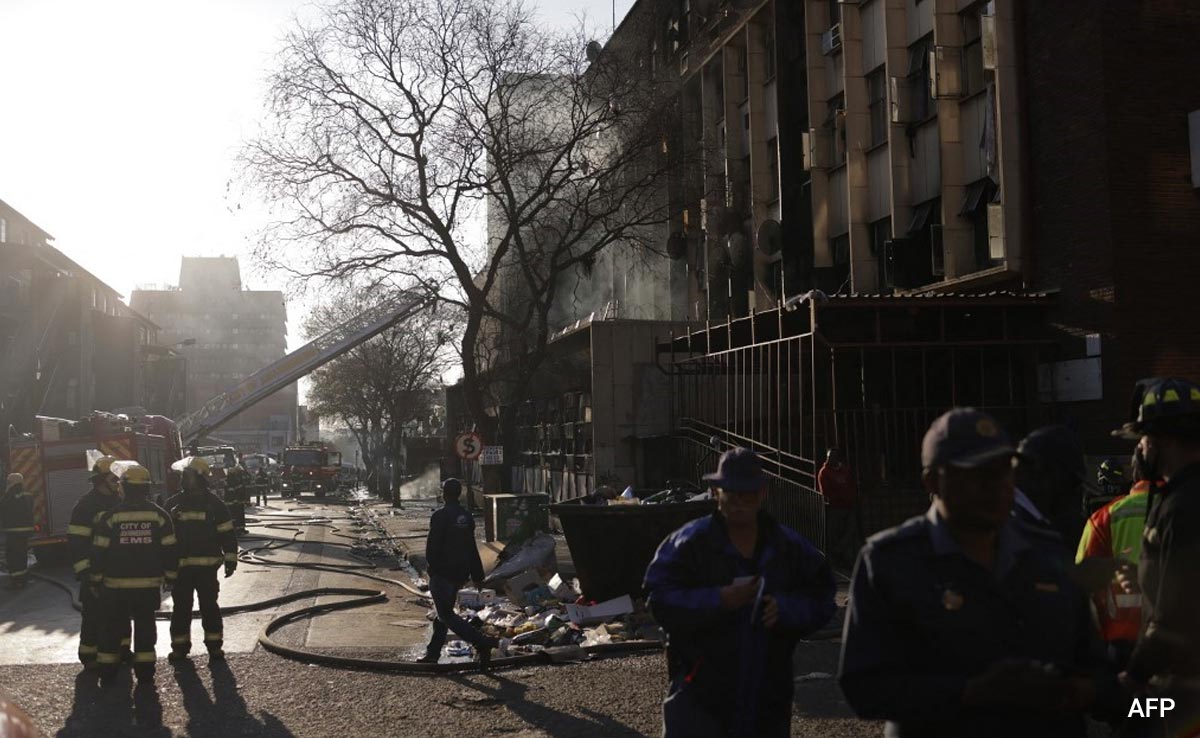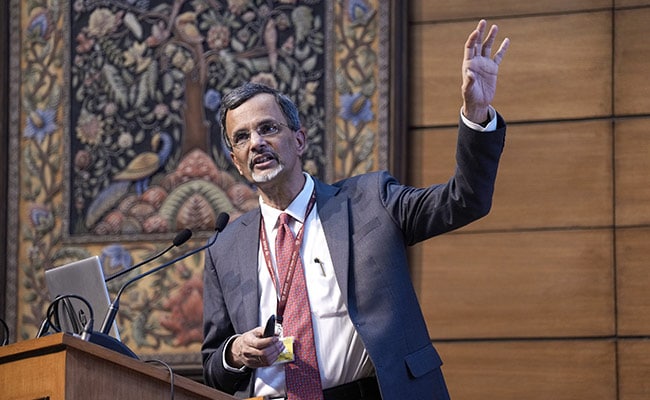FILE PHOTO: Celsius Network logo and representations of cryptocurrencies are seen in this illustration
| Photo Credit: REUTERS
Cryptocurrency lender Celsius Network said Bitcoin mining is key to the company’s restructuring efforts at a U.S. bankruptcy court hearing on Monday in Manhattan.
(Sign up to our Technology newsletter, Today’s Cache, for insights on emerging themes at the intersection of technology, business and policy. Click here to subscribe for free.)
New Jersey-based Celsius received approval from U.S. Bankruptcy Judge Martin Glenn to spend $3.7 million in construction costs at a new Bitcoin mining facility and $1.5 million on customs and duties on imported Bitcoin mining rigs. Patrick Nash, a lawyer for Celsius, told Glenn that Bitcoin mining could provide a way for the company, which halted other business operations like its cryptocurrency lending, to repay customers, whose assets its froze in the weeks leading up to its bankruptcy filing.
“In a world where the crypto market rebounds, the mining business has the potential to be quite valuable,” Nash said.
Celsius filed for Chapter 11 protection on July 13, listing a $1.19 billion deficit on its balance sheet. Crypto lenders’ business model came under scrutiny following a sharp crypto market sell-off spurred by the collapse of major tokens TerraUSD [UST] and LUNA in May.
Celsius’ assets shrank amid the extreme volatility, and its freezing of customer accounts was an attempt to stem losses and stabilise its business, Nash said.
Celsius hopes the mining effort will help it repair its relationship with customers, some of whom sent threats and hate mail to some company employees in the weeks before the Chapter 11 filing.
But a group of equity investors previewed a possible fight for control over the Bitcoin mining operations. Dennis Dunne, the investors’ lawyer, said they may argue that the newly mined coins should be considered property of the UK subsidiary that raised the funds for the mining operation, rather than being distributed for the benefit of all Celsius creditors.
Customers might also object to Celsius’ spending on Bitcoin mining vendors at a time when their own recovery is in doubt, the U.S. Department of Justice’s bankruptcy watchdog said.









